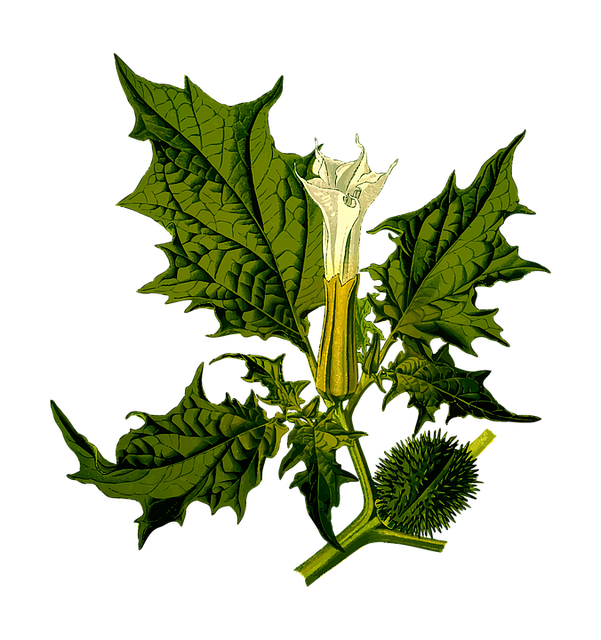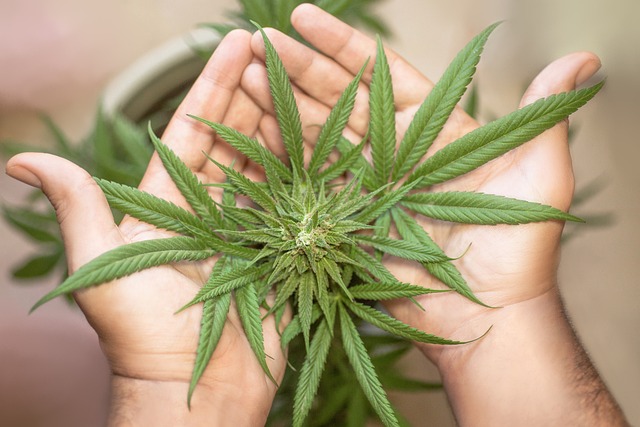
The THCA flower, a natural form of cannabis that does not induce psychoactive effects, has been found to possess potent anti-inflammatory properties. Scientific studies have demonstrated that THCA flower can inhibit pro-inflammatory cytokines and enzymes, making it a potential treatment for inflammation-related disorders like arthritis and colitis. Its therapeutic benefits are believed to stem from its interaction with the endocannabinoid system through receptors CB1 and CB2, which could make it useful in addressing inflammatory diseases. The safety of THCA flower, combined with its non-psychoactive nature, positions it as a compelling candidate for further research and potential inclusion in treatments for various inflammatory conditions.
discover the profound impact of THCA flower on inflammation. This article delves into the scientifically grounded advantages of this non-psychoactive cannabinoid, offering a comprehensive exploration of its anti-inflammatory properties. From the foundational role of THCA within the cannabis plant to its interactions with our body’s endocannabinoid system via CB1 and CB2 receptors, we unravel how this natural compound may serve as a potent alternative for inflammatory conditions. We compare its efficacy against traditional pharmaceuticals and provide real-life testimonies, alongside an examination of the entourage effect involving terpenes and other cannabinoids. Furthermore, practical advice on selecting and utilizing THCA flower is presented to optimize its therapeutic benefits, ensuring a well-rounded understanding of this emerging wellness tool.
Unveiling the Potent Anti-Inflammatory Properties of THCA Flower

Delta-9-tetrahydrocannabinolic acid (THCA) is the non-psychoactive precursor to the well-known compound delta-9-tetrahydrocannabinol (THC), found abundantly in cannabis flowers. Recent scientific investigations have shed light on the potent anti-inflammatory properties of THCA flower, revealing its capacity to modulate inflammation in various biological systems. Studies have demonstrated that THCA can inhibit certain pro-inflammatory cytokines and enzymes, which are often overactive in conditions such as arthritis and colitis. These findings suggest that THCA flower may offer a natural alternative for managing inflammation-related disorders without the psychoactive effects associated with THC.
Furthermore, the anti-inflammatory effects of THCA are believed to be mediated through interaction with the body’s endocannabinoid system, a complex network involved in regulating a range of physiological processes including pain sensation, immune response, and homeostatic balance. THCA’s ability to bind to cannabinoid receptors like CB1 and CB2 receptors has been shown to exert anti-inflammatory actions, making it a subject of interest for therapeutic development. The potential of THCA flower in this realm is underpinned by its favorable safety profile and the absence of mind-altering effects, offering a promising avenue for research into inflammatory diseases and conditions.

Delta-9-tetrahydrocannabinolic acid (THCA) is a non-psychoactive cannabinoid found abundantly in raw cannabis plants, which, upon heating, converts to the more well-known psychoactive compound THC. The flower form of THCA has garnered attention for its potential anti-inflammatory effects. Research suggests that THCA may interact with the body’s endocannabinoid system, influencing pain and inflammation signaling pathways without the psychotropic side effects associated with THC. This makes THCA a promising candidate for therapeutic applications aimed at alleviating conditions characterized by inflammation, such as arthritis and other autoimmune disorders. The anti-inflammatory properties of THCA flower are believed to stem from its ability to inhibit certain enzymes and modulate immune responses, offering a natural approach to managing inflammation. As studies continue to explore the potential benefits of THCA, it becomes clear that this cannabinoid could play a significant role in the development of new treatments for a variety of health conditions.
In conclusion, the therapeutic potential of THCA flower, particularly its notable anti-inflammatory properties, positions it as a promising natural health modality. The in-depth exploration into its benefits provides compelling evidence for further investigation and potential application across various wellness domains. As research continues to unfold, understanding the mechanisms behind THCA’s effects becomes increasingly vital for those seeking natural remedies for inflammatory conditions.







